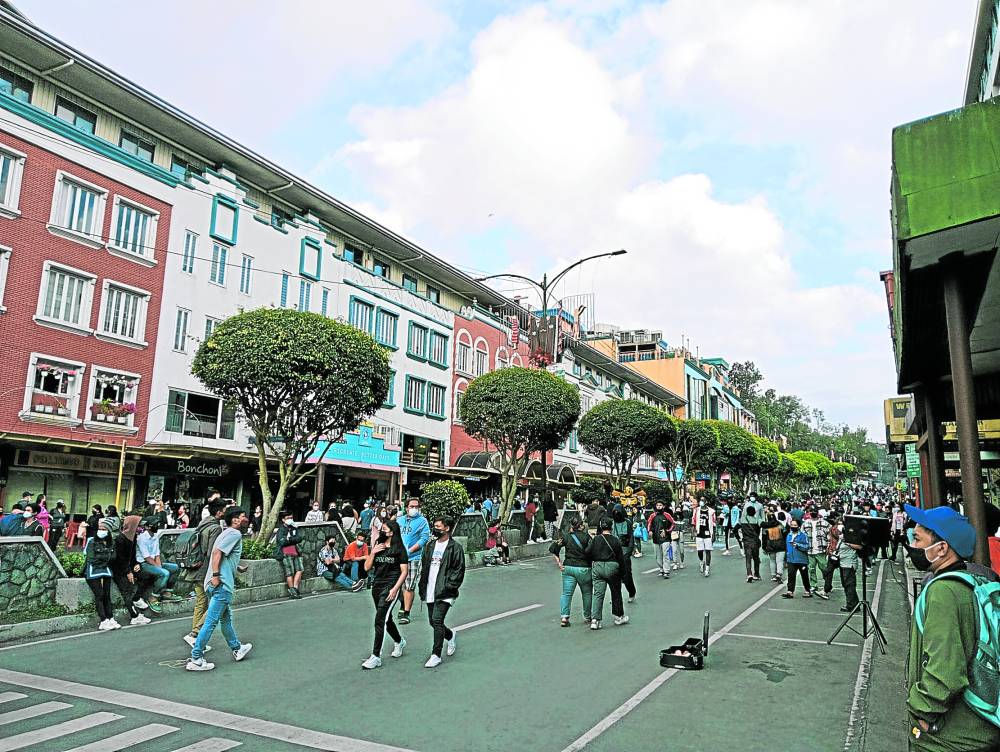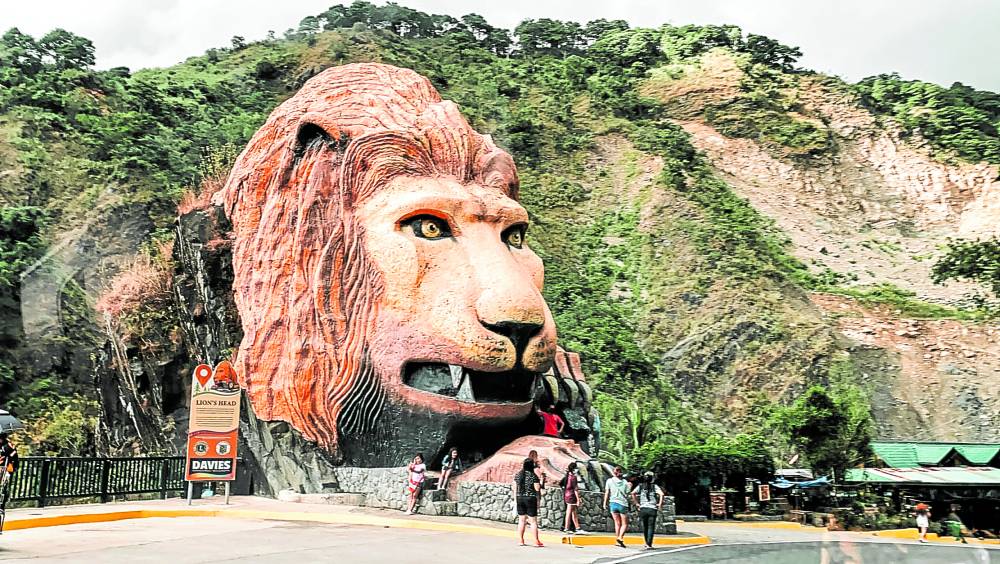Local and international tourists have been flocking to Baguio City all year round, as many come for its cool climate, relaxing and fun tourist spots, rich cultural heritage, and vibrant arts scene.
Attractive choice
Besides its various tourist destinations, the city also prides itself for its vibrant economy and dynamic communities—among the reasons why it remains an attractive choice for investors and homebuyers seeking to live in an urbanized location with the benefit of panoramic views.
As both populations of residents and tourists grow however, the local government of Baguio has taken measures to further ensure the right balance to make the Philippines’ Summer Capital still a livable city, and a safe and attractive tourist destination. For example, a main focus of the local government is to improve its major thoroughfares to enhance mobility in the city.
READ: Bern delivers exceptional living experiences in Baguio
‘Living street’
This year, Session Road, a major road in the city, will be redesigned to complement Baguio’s “living streets.”
A “living street” is an urban renewal concept aimed at turning the common road into a shared space with amenities like roadside landscapes filled with trees, flowering plants and shrubs, park seats or benches, and “traffic calming” devices like bollards so cars would be forced to reduce speed, ensuring the safety of pedestrians and cyclists.
Two side streets that branch off Session Road—Carantes Street, which is a stone’s throw away from century-old Burnham Park, and Jacinto Street, which is beside Malcolm Square—were among the first “living streets” to be put up by the city. These narrow streets were improved and adorned with murals by local art groups to encourage more foot traffic here.

Many come to Baguio for its cool climate, relaxing and fun tourist spots, rich cultural heritage, and vibrant arts scene. (HTTPS://EN.WIKIPEDIA.ORG)
For Session Road, the local government is allocating P120 million to further expand it to five vehicular lanes from the current four. The plan is to remove the center filled with small trees. These trees would be transplanted on the sidewalks which would be widened into 4- to 5-meter “green walkways.” The walkways would be composed of a “frontage zone,” or the display sections and entrances of shops and stores; an unobstructed walking zone; a “furnishing zone,” or a health and lifestyle space filled with street lamps and benches; and a green buffer zone which actually acts as a “bioretention space” to absorb or redirect rainwater runoff.
Public-private partnerships
The city government of Baguio also said that big-ticket projects now being developed via public-private partnership (PPP) deals would help regulate and improve traffic management and build environmentally safe transport and power systems in the city. It is also the aim of the city to convert all neighborhoods into “liveable communities,” each equipped with its own small markets, pharmacies, hardware stores, and medical facilities.
Other possible PPP big-ticket projects in the city in the future include a P4.5-billion multistory market building, a P1.025 billion “intermodal terminal,” and an P11.6-billion elevated monorail and electric bus system.
Sustainable progress
Baguio City is no doubt consistently growing and all stakeholders are on the same path to make sure that progress will be sustainable. While the local government continues to prime the city for further growth, it is also prioritizing revitalization efforts in the city, promoting sustainable tourism, and preserving the unique cultural heritage of Baguio City.
Such initiatives formed part of the local government’s commitment to further elevate the quality of life of its people while continuously providing excellent services as a premier tourist destination.
And there are proofs. In 2017, the city was the first in the country to be named by the United Nations Educational, Scientific and Cultural Organization (Unesco) as one of the 64 Creative Cities Network cities worldwide under the Crafts and Folk Art category. In November 2022, the city received “Klimalikasan” award, a climate and disaster resiliency recognition from the Department of Environment and Natural Resources.
In December 2022, the city government received an ISO (International Organization for Standardization) certification after an exhaustive external audit TUV Nord Philippines, an accredited third-party auditing firm. The ISO certification is a seal of approval or a recognition of the management, support and operational processes and effective improvement in the quality of the services of the recipient.
Baguio City was likewise named as among the Association of Southeast Asian Nations (ASEAN) Clean Tourist City awardees for the third year in a row in January 2024.
Sources: Inquirer Archives, Philippine News Agency, Philippine Information Agency, new.baguio.gov.ph, Official Facebook page of Baguio Tourism


